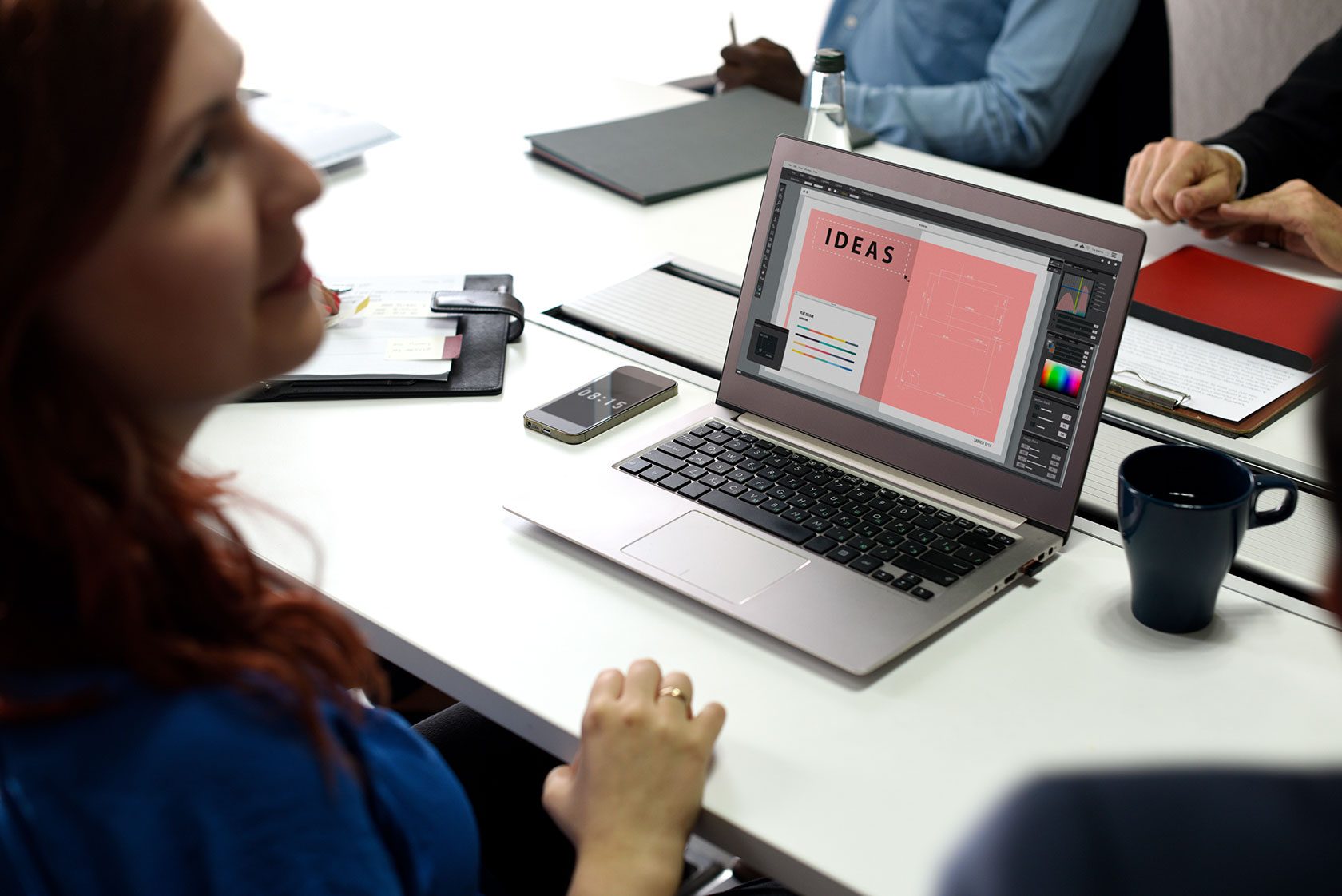
EdTech KreativHack: Work on EdTech – and Learn a Lot
The use of technologies for educational purposes offers a lot of opportunities. Persons interested in EdTech took part in the KreativHack EdTech Hackathon at the beginning of November in Kiel. The event showed: A hackathon can be a good opportunity to learn new things, apart from the EduHacking, which means working together on project ideas relating to technology-enhanced learning.
EdTech (link in German), an acronym of Educational Technology, is about the development, the use and the management of technologies for educational purposes in the broadest sense. On 3rd and 4th November 2017 participants with different professional backgrounds met in the science park in Kiel (link in German) to work jointly on EdTech concepts and projects during the KreativHack EdTech. The KreativHack (link in German), as well as the previous KreativHack Open Data (link in German), was organized by Toppoint (link in German), OpenCampus (link in German) und StarterKitchen (link in German). DiWiSH (link in German) and ZBW were co-organizers. By calling it „KreativHack“ (“Kreativ” means “Creative” in German) it was underlined that the hackathon aimed not only at persons with programming skills
EdTech: Who is the learner and who is developing for whom?
After a short welcome address by Renate Treutel, city councillor for education, youth and creative city, who among other things encouraged organizing a hackathon with the young people themselves, for instance pupils, two keynote speeches were held to introduce the subject of the KreativHack.
Dr. Inge Schröder (Scientific director of the transfer park of the Muthesius University of Fine Arts and Design) talked about why learning is successful when you meet on equal footing and how learning should be designed nowadays. To do something meaningful which leads to the creation of something new, is inspiring. This was exactly what the KreativHack provided room for.
Inspirierende analoge Keynote von Dr. Inge Schröder zum #KreativHack #edtech. Analoge Denkanstößen für die Ideen -> Jetzt hier auch digital pic.twitter.com/Af8mfxDmBX
— KreativHack (@KreativHack) 3. November 2017
Christoph Richter (Institute for Pedagogy, media pedagogy/educational computer sciences, Christian Albrechts University Kiel) has been working in the development of Educational Technologies for 15 years. He presented historically important educational hackers and an open checklist for educational hacking. In addition, he raised this question: Who are the learners? Are we ourselves the learners? Or do we develop for other people?
#KreativHack #edtech Checkliste von Christoph Richter. pic.twitter.com/2SbfjupW9Z
— KreativHack (@KreativHack) 3. November 2017
Playlists, Gamification and a learning experiment
After that the participants discussed the subjects they were interested in and formed the groups that worked on the projects for the rest of the day and Saturday.
On Saturday evening, the following projects were presented among others:
„Educational playlists enabling successful learning pathways“ are meant to address the issue of examinations regulations and curricula, which are often already outdated at the time they are released. Furthermore, there is a shortage in resources that are systematically edited to simplify the first steps when starting to learn something new, for instance what you have to do in order to learn how to code. The educational playlists should help their users to select and structure existing learning materials like MOOCs, videos, texts, podcasts or traditional media and to share successful learning pathways with others. Domain experts should take part in the development of the playlists.
Gamification was the subject of another project group. They took the fact, that fans of computer games often know a lot about the (fantasy) history of their favorite game, as their entry point to develop a game using as example the Thirty Years´ War. As they were not able to find any games that teach history, besides those dedicated educational games which often are not that much fun to play, it was their conscious decision not to create an educational game. Their game should be first and foremost fun to play and enable learning about the Thirty Years´ War en passant, just like the group itself learned a lot about history while designing the game. One of the group‘s key learning points was that it would take an interdisciplinary project group including a historian, a game developer and a designer.
Some kind of learning experiment was carried out by a group dedicated to the subject „VHDL“. They had intentionally chosen a subject unknown to them and started learning about it together during the KreativHack. Thus, they were able to reflect the process of learning and emerging issues. Here is what they learned:
- When learning something new, you often have to understand unknown terms. But in order to understand them you first have to understand a bunch of other unknown terms to understand the topic.
- What you believe to know is a much bigger problem than what you do not know, because a person’s background and unconscious knowledge affects the learning process a lot.
- In spite of or maybe due to the fact that it was a heterogeneous group, they were able to learn a lot using their different approaches.
#KreativHack #edtech nach angeregter Diskussion und Stärkung beim gemeinsamen Abendessen geht es jetzt an die Arbeit 🙂 pic.twitter.com/f8aCKD0bXz
— KreativHack (@KreativHack) 3. November 2017
You can learn a lot during an EdTech hackathon
The diversity of its participants, the creative environment, the openness and mutual support, learning from one another and working together on projects are the elements of the KreativHack. One of the event’s benefits was besides working on the projects to get to know the other participants with similar interests from other professional domains and to exchange ideas and knowledge, for instance learning about existing websites useful for one’s work. Thus, learning on different levels was at the heart of the hackathon. You can definitely learn a lot when you work on EdTech during a hackathon.
Thus it appears it might be interesting to also organize hackathons mainly as learning events, in accordance with the ideas of learning 4.0.
The projects formed during this KreativHack may be further developed during future events, for example EdTech meetups or the regular Prototyping-Weeks.
Further information (links in German):
- Tweets: #kreativhack
- Wiki: KreativHack EdTech
- Website: KreativHack EdTech
- Blogpost KreativHack OpenData
- How to organize a hackathon in a library?
View Comments

Study on Twitter Usage: What Roles Do Academic Hierarchies Play?
What are the motivations behind the use of Twitter, and what roles do hierarchies...



